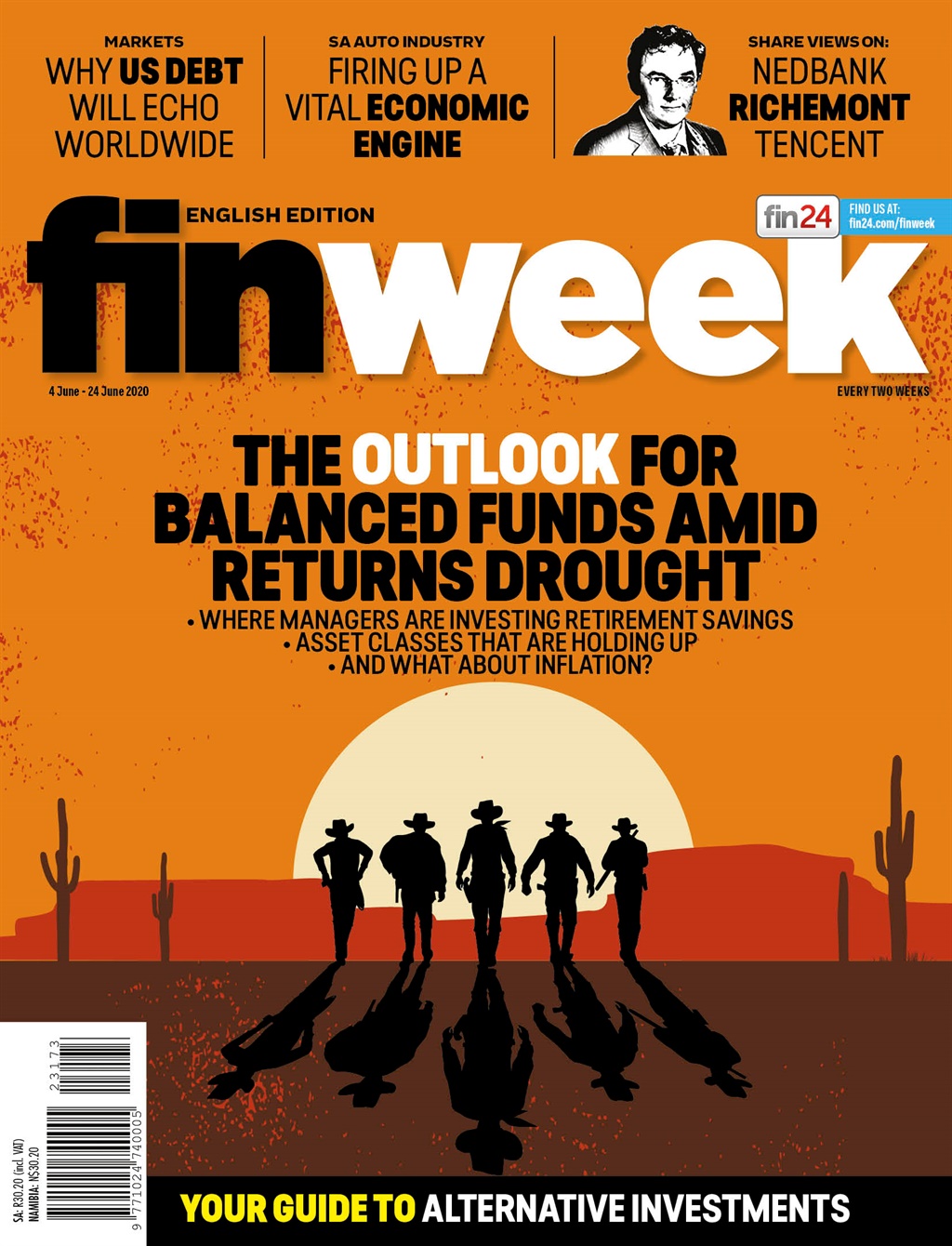
Based on a number of factors, different industries are going to recover differently as lockdown restrictions are eased.
One of the main consequences for businesses during the Covid-19 lockdown is of course lost sales. The million-dollar question, however, is whether – depending on the nature of the sales – they are simply going to be delayed and resume as lockdown measures ease, or permanently lost.
The first type of lost sale – the delayed sale – is, for example, a parent needing to buy winter clothing for their baby. The sale may not have been able to happen during the hard level 5 lockdown, but regardless, the baby still needs those clothes. So, the sale will happen, just at a later stage at less restrictive lockdown levels – as is the case with us now being at level 3.
On the other hand, there is that missed dinner out at a restaurant that simply can’t happen during lockdown. The restaurant bill, which likely would have included a bottle of wine, the Uber trip both ways and tips all round won’t get moved to a later date. It’s a sale that is permanently lost for that restaurant. When I can finally eat out safely again, I will certainly spend that money on the restaurant, wine, tips and Uber.
But until then, what happens to that money that is not being spent on dining out – which I do frequently? It doesn’t simply vanish; I still have it. Did I spend it somewhere else, perhaps to buy an indoor exercise bicycle in order to keep my fitness level up? Or maybe I simply decide to save that money in order to boost my cash levels in these uncertain times?
The important point that informs what I do with this money is my confidence level – specifically the confidence I have about my income.
If I am worried that my household may lose income due to the pandemic, I would more likely save that cash in an emergency fund. If I am certain that my income is secure, which, truthfully, is not something you can easily be under the current circumstances of this pandemic, then I would spend that money.
The fact is, our spending habits have changed, and as a result of this, different industries are going to recover differently after this pandemic. In the case of restaurants, for instance, the sales that couldn’t happen during lockdown will not be deferred or recouped once restrictions lift.
As recent comments from Famous Brands* attest, due to Covid-19, “the restaurant landscape will be irrevocably transformed” and the market recovery in the casual dining segment will be “slow and unforgiving”. It’s a long way back to discretionary spending, especially that discretionary spend that is harder to do with social distancing that needs to be adhered to.
So, other than confidence about our income, which will see different industries, and different price points, recovering differently, consumers will also need to be confident about their safety. Nobody wants a great night out to result in catching Covid-19. This confidence is going to be returning slowly and, as such, our spending related to places where social distancing presents more of a challenge will also take longer to recover.
That brings me back to the baby clothing example and the “need” factor. There are goods we need to have in order to carry on with our daily lives. Even if we are not confident about our income, we need to make these purchases, but we might then shop down to cheaper price points.
It’s important to keep this in mind as we look to the recovery of investment opportunities across different sectors.
*The writer owns shares in Famous Brands.




 Publications
Publications
 Partners
Partners












